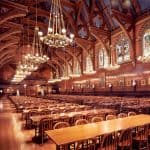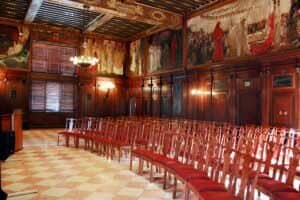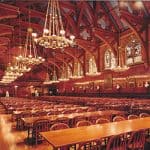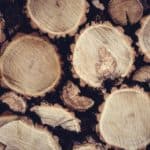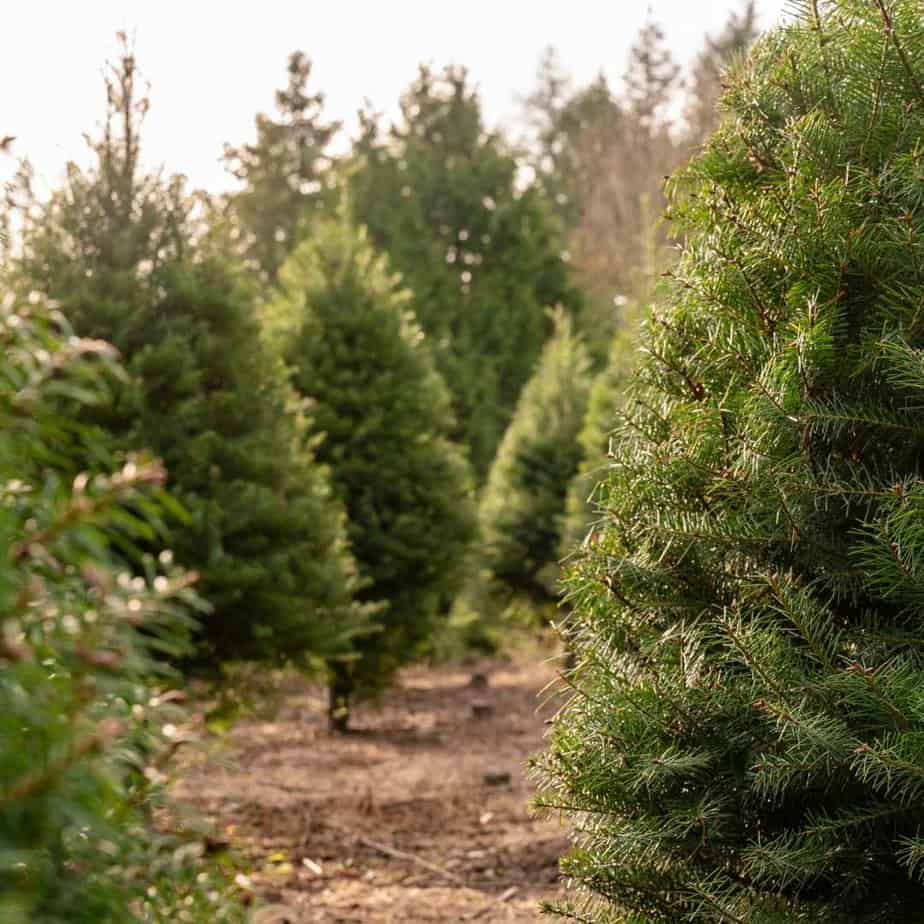As the festive season approaches, many households embrace the tradition of decorating a Christmas tree as a symbol of joy, hope, and togetherness. While artificial trees have gained popularity for their reusable nature, Christmas tree farms play a crucial role in promoting sustainability and environmental conservation. In this article, we explore how Christmas tree farms contribute to sustainability, from carbon sequestration to supporting local economies.
Carbon Sequestration
One of the key benefits of Christmas tree farms is their role in carbon sequestration. Growing trees absorb carbon dioxide from the atmosphere during photosynthesis, helping to mitigate the impacts of climate change. Christmas tree farms act as carbon sinks, capturing and storing carbon in the trees’ biomass. When trees are harvested and replaced, new trees continue the process, creating a cyclical and sustainable system.
Renewable Resource
Unlike artificial trees, which are often made from non-biodegradable materials like PVC, Christmas trees are a renewable resource. The cultivation of Christmas trees is a sustainable practice that supports a continuous cycle of planting, growing, and harvesting. This contrasts with the environmental impact of manufacturing and disposing of artificial trees, which contribute to pollution and resource depletion.
Supporting Local Economies
Christmas tree farms contribute to the vitality of local economies. These farms generate employment opportunities and support small businesses in rural areas. By purchasing locally grown Christmas trees, consumers contribute directly to the economic well-being of their communities. This fosters a sense of community and strengthens the connection between consumers and local producers.
Biodiversity and Habitat Enhancement
Christmas tree farms can also be designed to enhance biodiversity and provide habitats for various species. By incorporating diverse tree species and maintaining natural ecosystems, these farms create spaces for wildlife to thrive. Birds, insects, and small mammals find refuge in these areas, contributing to the overall health of the local environment.
Soil Conservation
Well-managed Christmas tree farms can help prevent soil erosion. The roots of growing trees anchor the soil, reducing the risk of erosion and promoting soil health. This sustainable land management practice benefits not only the farm but also the surrounding ecosystem by maintaining the integrity of the soil.
Recyclable and Biodegradable Products
Most Christmas tree farms offer recycling programs for their trees after the holiday season. Many communities collect used Christmas trees and convert them into mulch or wood chips for landscaping and erosion control. This promotes the circular economy by giving the trees a second life after their decorative purpose, reducing waste in landfills.
The Real “Green” Trees
Christmas tree farms play a vital role in promoting sustainability and environmental responsibility during the holiday season. Choosing a real Christmas tree from a local farm supports carbon sequestration, renewable resource practices, local economies, biodiversity, and soil conservation. As consumers become increasingly conscious of their environmental impact, opting for a real Christmas tree becomes a meaningful and eco-friendly choice that contributes to a greener and more sustainable future.



















